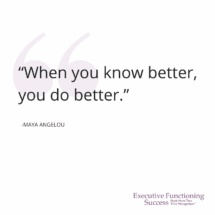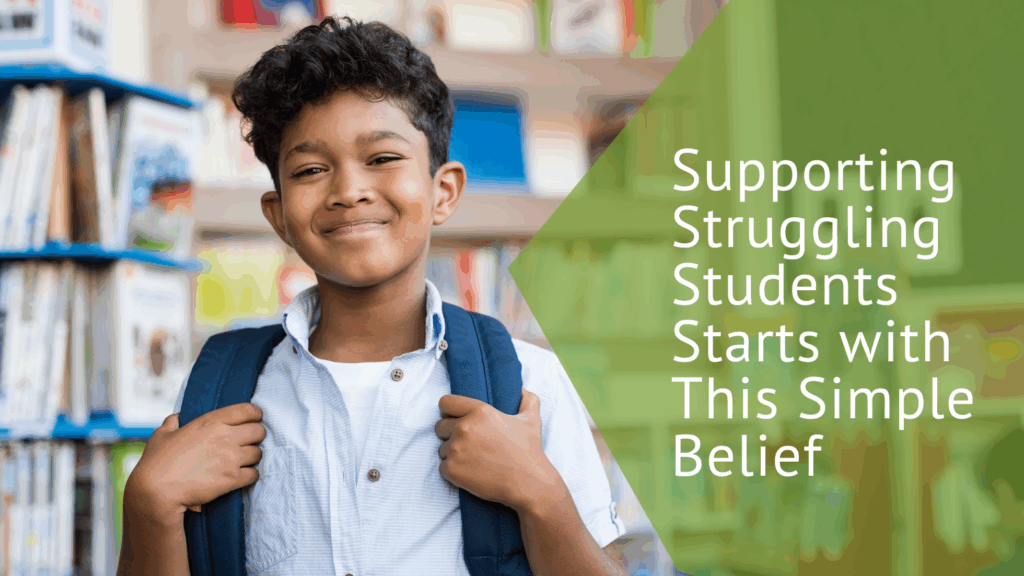Last week, I met with a colleague in a coffee shop. Over some truly delicious bagels, we were getting to know each other’s professional paths and discussing ideas for future collaboration.
At one point, she asked if I was familiar with Ross Greene’s work. The name didn’t immediately register, and I had to admit I didn’t know. (I always hate saying that – it triggers a little wave of inadequacy. But that’s a topic for another blog.) Then she quoted him:
“Kids do well if they can.”
Bingo. My brain connected the name to his work immediately. I love this guy! Years ago, I attended a workshop based on his philosophy. This was back when I was trying to better understand my own kiddo’s behavior. Every time I was baffled by my son’s actions, or when one of my preschooler students hit another one, that quote would pop into my head: “Kids do well if they can.” And I believe it.

Expanding This Message to Encompass All People
Over time, I’ve come to expand that thought to something even broader: people do well if they can.
At Executive Functioning Success, our mission is to equip people with the knowledge, tools, and support they need to do well. So many of the clients I work with in Private Seeing My Time Sessions have been told they’re not measuring up. They come to us feeling confused, helpless, and sometimes hopeless.
But here’s the truth: no one is born with fully developed executive function skills. These abilities grow over time, as the brain develops through childhood and early adulthood, influenced by our genetics and life experiences.
For some of us, executive skills need to be explicitly taught.
That’s why I love this work. I know my students are not lazy or broken; I believe in each of them. And I see my students’ energy shift to positive on a regular basis. There is a deep joy and relief that comes from being truly seen.
And I’m reminded: I do well when I can, too.
When I assume others would do well if they could, it shifts my entire mindset. Instead of blaming or taking difficult behavior personally, I focus on finding solutions. I ask, “What skill is missing? What information might help?”
This approach builds empathy, patience and hope.
Studies Connecting Learned Skills and Improved Performance and Behavior
 Research backs this up. Multiple studies have shown that students who are explicitly taught self-regulation strategies such as goal-setting, metacognition, and task initiation demonstrate stronger executive function, better academic performance, and improved behavior.
Research backs this up. Multiple studies have shown that students who are explicitly taught self-regulation strategies such as goal-setting, metacognition, and task initiation demonstrate stronger executive function, better academic performance, and improved behavior.
Additionally, programs that integrate mindfulness and skills-based instruction have been shown to reduce disruptive behavior by as much as 60%! (Klingbeil et al., 2017)
So, how can you adopt this mindset in small, everyday ways? Here are some suggestions:
- Acknowledge effort. Notice when someone is trying. Comment on how persistently they show up or how hard they’re working, even if the results aren’t perfect.
- Smile. Offer a kind word or a comforting gesture. And if appropriate, hug! Just be with them on their journey.
- Celebrate success, especially the small wins. Those small successes pave the way for bigger breakthroughs.
So the next time you notice someone struggling, pause. Take a breath. Ask yourself: what skill are they missing? Then consider how you might support them. I believe very few people wake up in the morning hoping to fail.
We all want to do well. And with the right tools, we can.


